In the realm of pop culture, the cool girl trope is often seen as a glamorous and idealized version of femininity. Let’s take a look at how it creates an impossible standard for women!
However, there are some hidden agendas behind this archetype. It sets unrealistic expectations for women, distorting reality. Today we’re going to look into what the cool girl trope entails, how it affects women, and analyze examples from movies and TV shows.
What Is The Cool Girl Trope?
The cool girl trope is all about creating a laid-back woman who possesses all the “masculine” traits but still manages to maintain her beauty and sex appeal.
She loves sports, drinks beer, plays video games, and doesn’t care much about makeup or fashion — in other words, she’s ‘one of the guys.’ This character is generally depicted as low-maintenance and free from emotional complexity or vulnerability.
Cool Girl Trope Examples In Pop Culture
1. Plenty of movies and TV shows have showcased the Cool Girl character trope, contributing to its ever-growing influence on society. In “Gone Girl,” Amy Dunne initially seems to be the perfect example of a Cool Girl—pretty, chill, and fun.
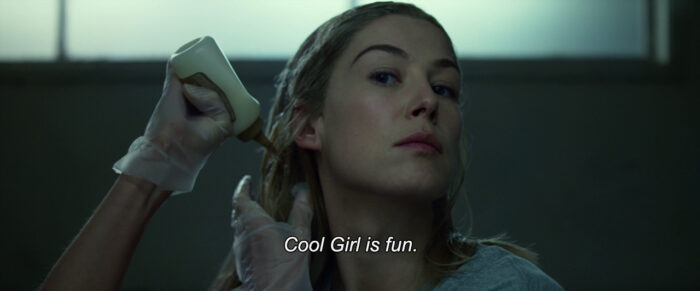
However, as the plot progresses, it becomes crystal clear that her persona is just a front for her husband’s approval and to keep up with societal expectations.
2. One of the popular cool girl trope examples can be seen in “New Girl” when Jess’s friend Julia enters the scene. Julia has so many traits that define a Cool Girl; she’s confident, funny, and seemingly doesn’t have a care in the world.

But as the series goes on we see that there’s more than meets the eye when it comes to her laid-back demeanor — which ultimately challenges any notion we had of a Cool Girl persona.
3. Mila Kunis in “Friends with Benefits” is one of the cool girl trope characters who plays a woman who is confident, witty, and independent, challenging normal ideas about relationships.

4. Sandra Bullock in “Miss Congeniality” is one of the iconic cool girl trope characters. At the beginning of the movie, she’s a tomboyish, tough FBI agent. After that though, she still has her strong personality while also being more feminine as a beauty queen.
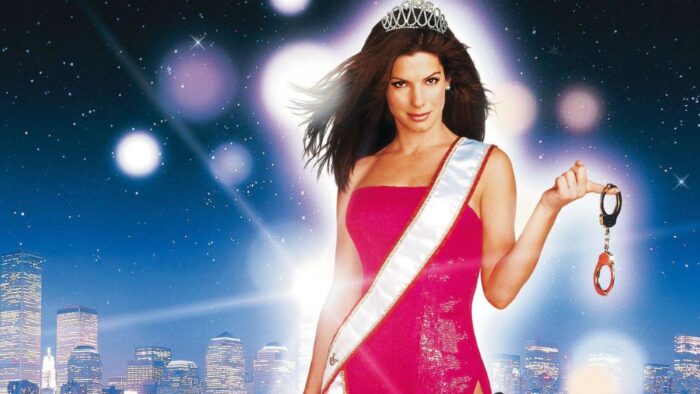
Related: Why The Girl With No Chill Is The Best Girlfriend You’ll Ever Have
How Does The Cool Girl Theory Affect Women?
The cool girl theory perpetuates harmful stereotypes along with enforcing the idea that women have to hide their true selves from the world if they want to be wanted.
The cool girl is actually tied down by rigid gender norms that require her to conform to masculine ideals for men to accept and value her.
This also leads women to prioritize others’ comfort before their own desires — as they feel like they have no choice but to adapt themselves to others’ needs. Moreover, these expectations can easily make any woman feel inadequate, insecure, or doubtful of themselves.
Not only does it do harm to those who don’t fit within its confines but also manages to restrict those who do by confining them into a tiny box labeled ‘cool.’ To put it simply: this takes away women’s freedom and disrespects their individuality
Ready to say goodbye to the Cool Girl and hello to being your true selves? Try this out:
- Be authentic: Love your flaws and quirks. Don’t let anyone else’s view of cool affect you.
- Set boundaries: Saying “no” is okay. You don’t have to do whatever others want you to do all the time.
- Embrace your uniqueness: Everyone has their own definition of cool. No one size fits all.
- Fight Stereotypes: Call out media and society for their outdated thinking. Your voice makes a difference!
- Lift Each Other Up: We’re stronger together, so don’t compete with each other.
Related: “I’m Not Like Other Girls”: 5 Telltale Signs of A Pick Me Girl
Remember that there’s nothing cooler than being yourself. Embrace it!
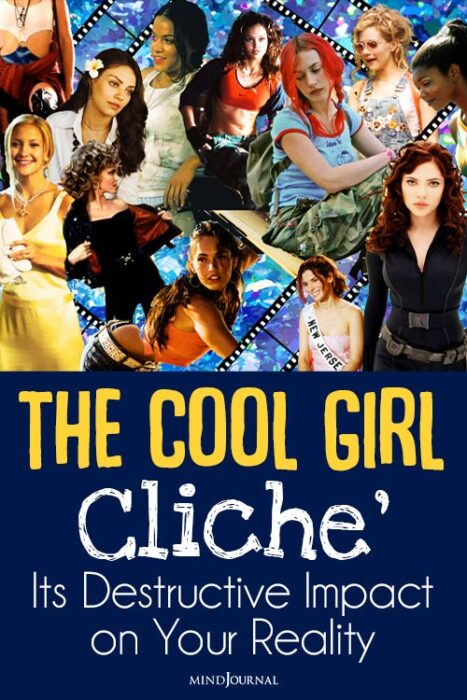



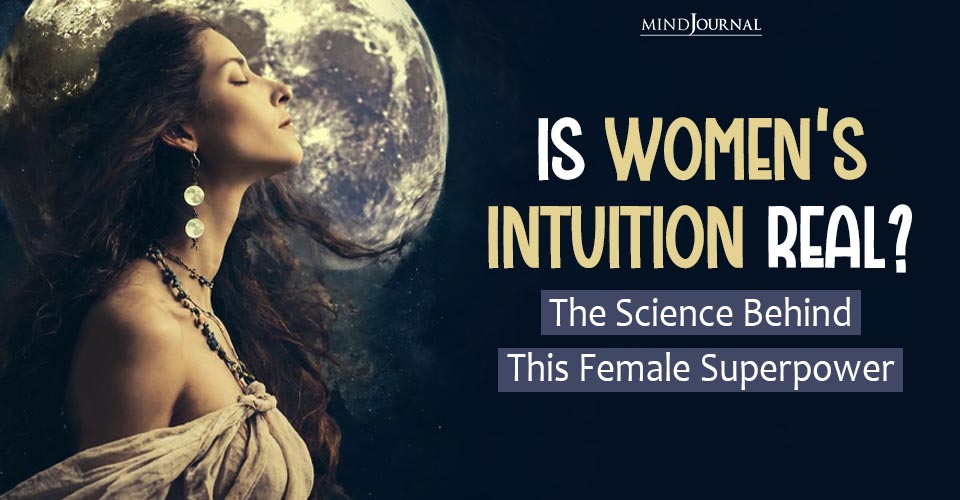

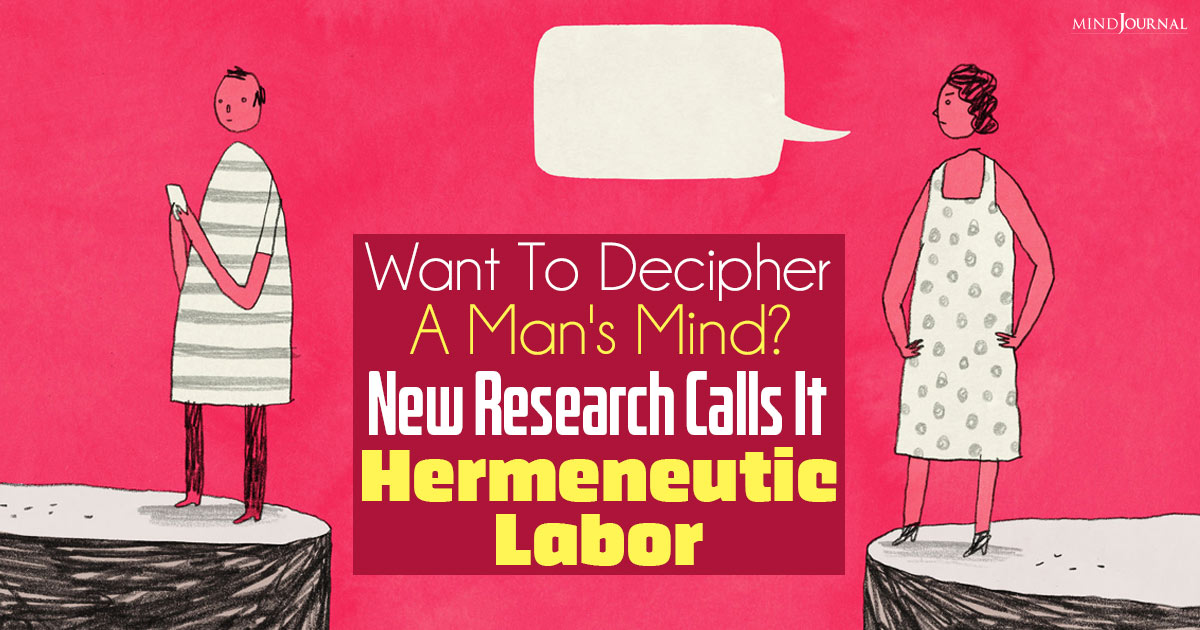

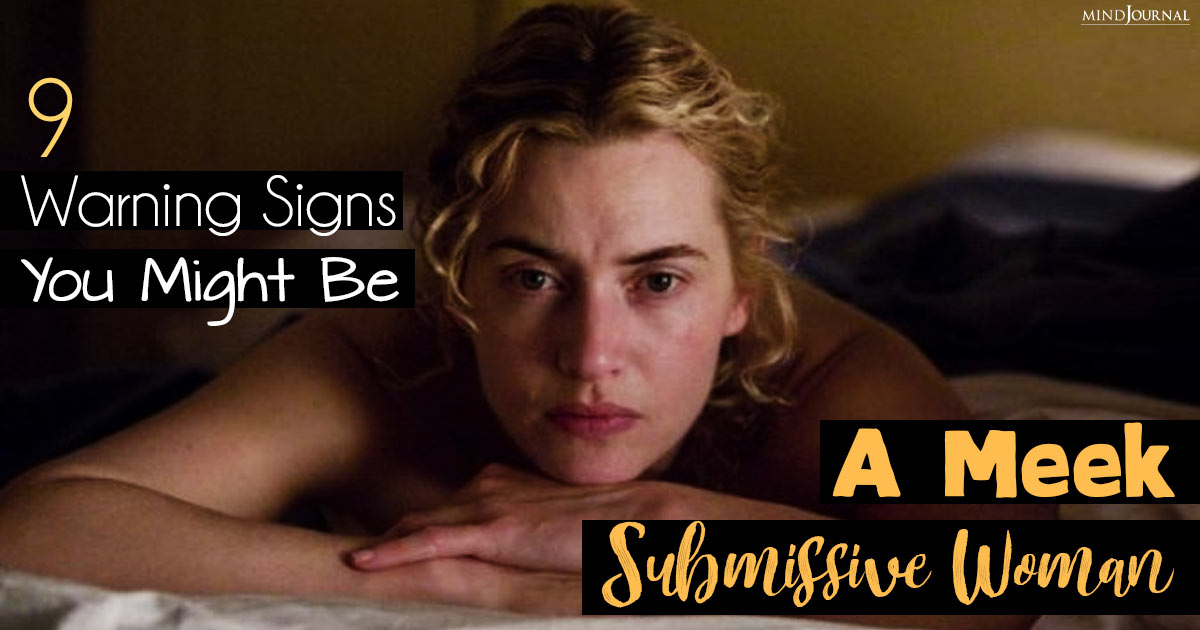
Leave a Reply
You must be logged in to post a comment.